Iran’s BRICS membership creates avenues for win-win collaboration: Analyst
By Alireza Hashemi
Iran’s inclusion in the BRICS group of emerging economies has created avenues for win-win collaboration, which can help the bloc establish itself as a global heavyweight and pave the way for Iran to flourish economically, says an analyst.
In an interview with the Press TV website, Seyed Reza Sadr al-Hosseini, a Tehran-based international affairs expert, said Iran’s full membership of the bloc is a win-win proposition.
“Tehran can provide BRICS allies with cheaper and more reliable transit routes and energy supplies, as well as technical and engineering services and technological assistance,” he remarked.
On Thursday, during the 15th BRICS summit in Johannesburg, the five-member group announced the induction of six new members – Iran, Saudi Arabia, Egypt, Argentina, the UAE and Ethiopia.
South African President Cyril Ramaphosa said the members agreed on “the guiding principles, standards, criteria and procedures of the BRICS expansion process.”
Iran’s President Ebrahim Raeisi, who participated in the three-day summit, upon his return to Tehran said the country’s accession to the group will boost the country's political and economic clout.
Hosseini noted that Iran’s experience of dealing with neutralizing Western economic wars and sanctions can benefit other BRICS members.
“Iran has been under severe Western sanctions for many years, yet it has managed to develop steadily. Its experience of nullifying sanctions can be very valuable to other members, who face similar sanctions now or in the future,” he remarked.
On the other hand, the analyst added, BRICS can also offer Iran much-needed financial assistance for major development projects and provide big markets for Iranian exports.
BRICS’ New Development Bank, he said, has the potential to rival Western lenders like the World Bank or the International Monetary Fund, granting member countries or even countries long-term loans.
“In addition, Iran’s accession to BRICS allows for easier penetration of its markets, which are quite unique in terms of size and diversity,” Hosseini told the Press TV website.
On what was behind Iran’s swift accession to BRICS, the analyst said the country launched its bid to join the group one and a half years ago, shortly after Ebrahim Raeisi’s government took charge.
He said Iran’s accession to the Shanghai Security Organization (SCO) last month allowed Tehran to redouble its efforts to join BRICS, as SCO’s key members China and Russia wield influence in BRICS.
“BRICS is more an economic grouping, unlike the SCO, which mainly addresses security challenges. Iran needed to prove its economic resilience and it appears it has managed to do so,” he remarked.
“These explain why Iran was one of the first countries who was admitted into the bloc.”
BRICS well positioned to rival Western blocs
Hosseini said BRICS members are mainly countries that have long aspired to be developed nations, but always faced the headwind of the Western-led capitalism system.
“This common dissatisfaction with the West and its imperialistic attitude provides fertile ground for serious economic collaboration, so BRICS can be a cohesive and powerful bloc,” he said, citing the bloc’s plan to develop its own currency and break away from Western financial and insurance firms.
However, the analyst cautioned that BRICS members should be careful not to provide a pretext to Western powers to pressurize the group, as this can prove a big hurdle to its progress.
“BRICS is well positioned to counter Western imperialism, so the West is likely motivated to use all facilities at its disposal to hinder its progress. This is what they’re already doing to China,” he said.
“BRICS is a relatively new-born grouping and it can be an easy target for Western powers who often use their sophisticated propaganda to sow division among people,” he said, stressing that the group for now should solely focus on advancing its economic agenda to help members achieve prosperity.
VIDEO | Press TV's news headlines
Iran says Christmas opportunity to remind ourselves of Jesus Christ call for 'justice, peace'
VIDEO | Eyewitness video shows moment of plane crash in Kazakhstan
VIDEO | Lebanese Christians celebrate Christmas over ruins
Iran FM: ‘Too early’ to predict Syria’s future for those thinking ‘victories’ achieved
The big role of steel industry in Iran’s development
Yemen fires second hypersonic missile at Israeli targets in as many days
UK suspends 6,500 Syrian asylum claims after Assad's fall


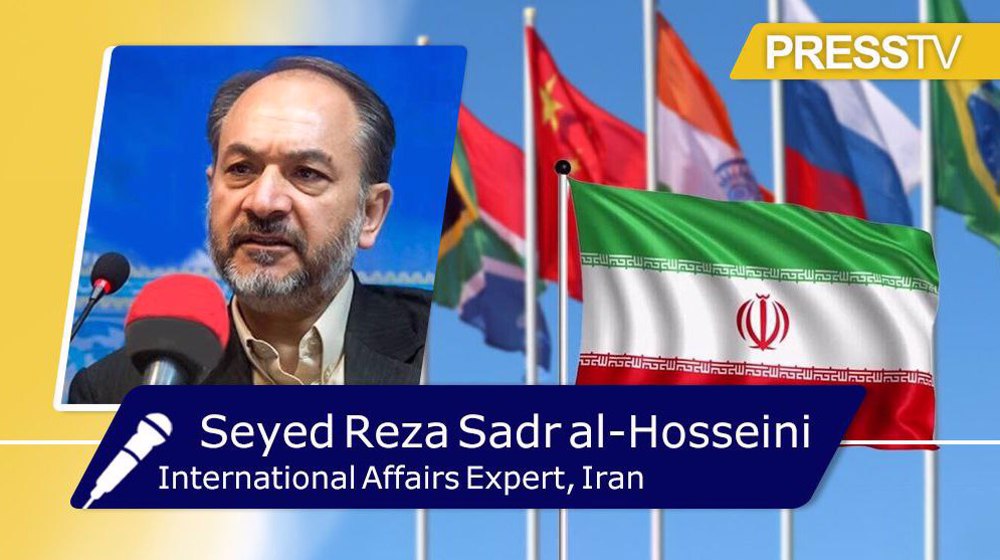
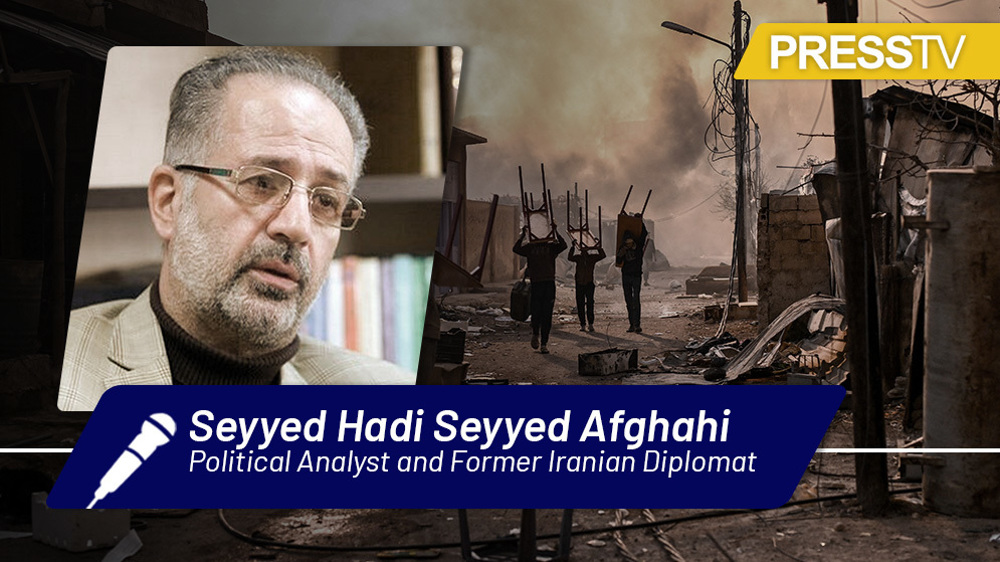
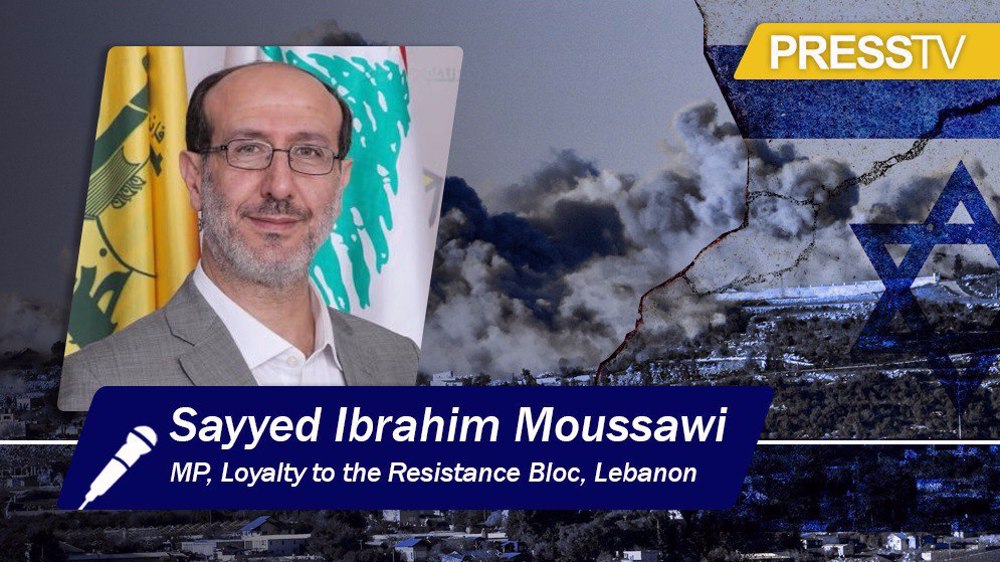




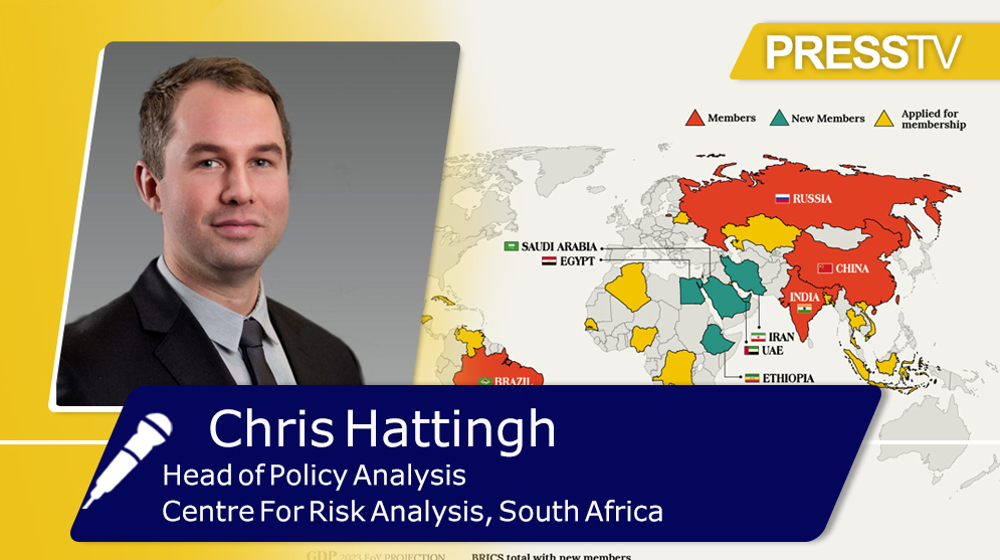
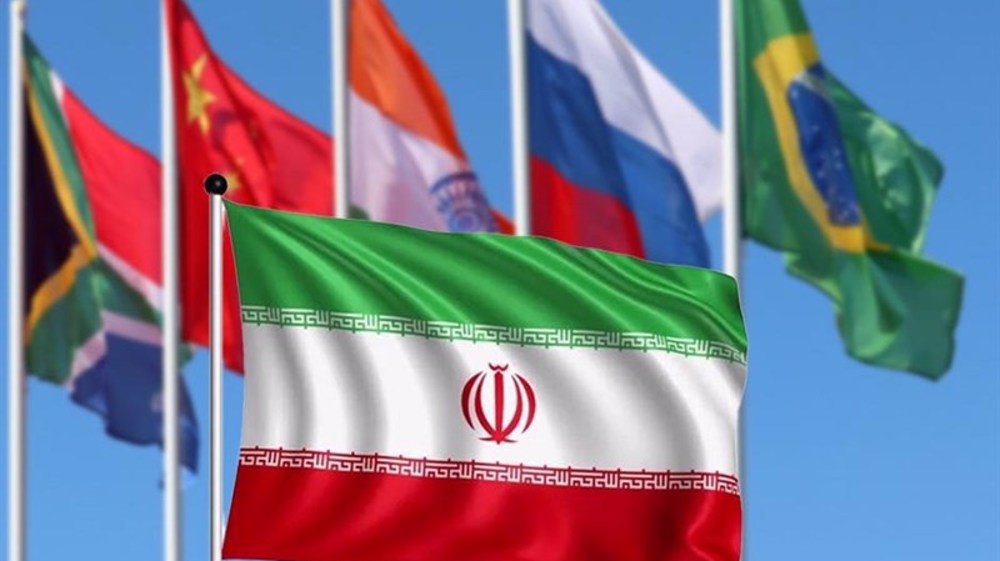
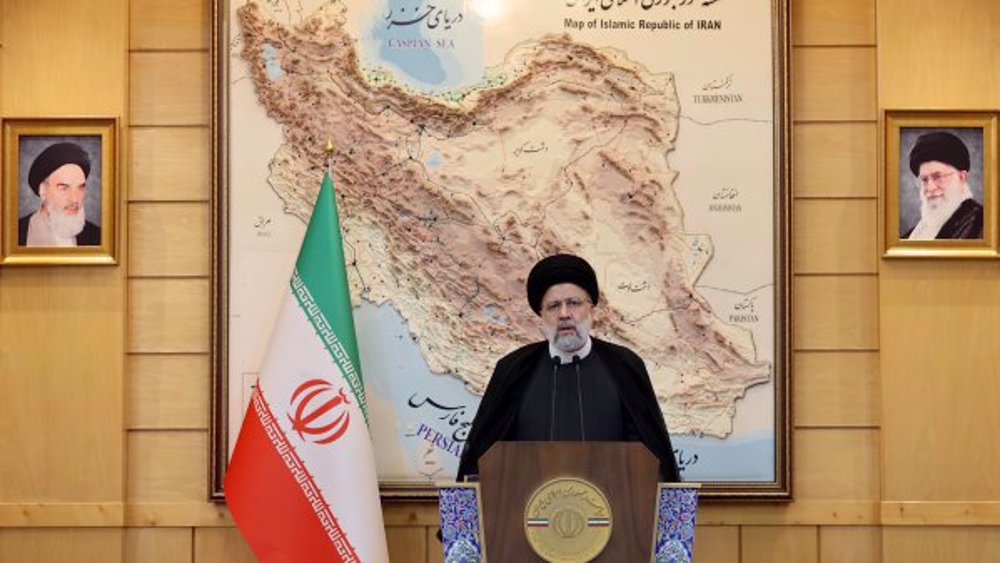
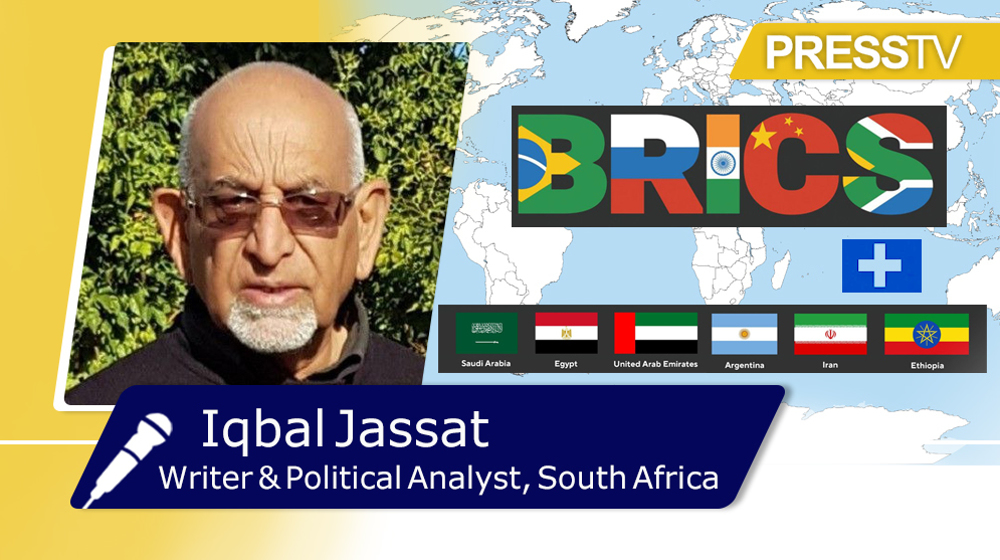
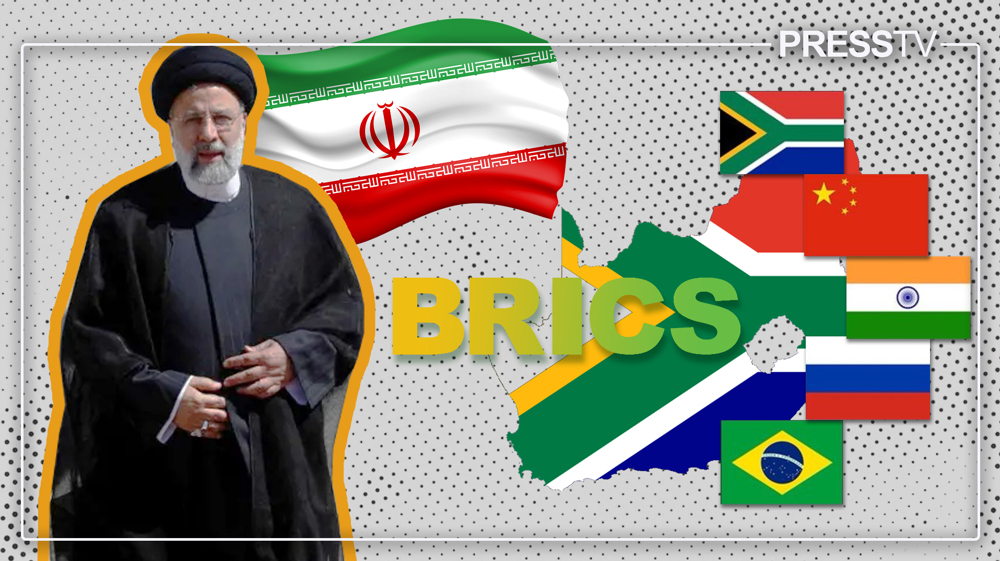

 This makes it easy to access the Press TV website
This makes it easy to access the Press TV website